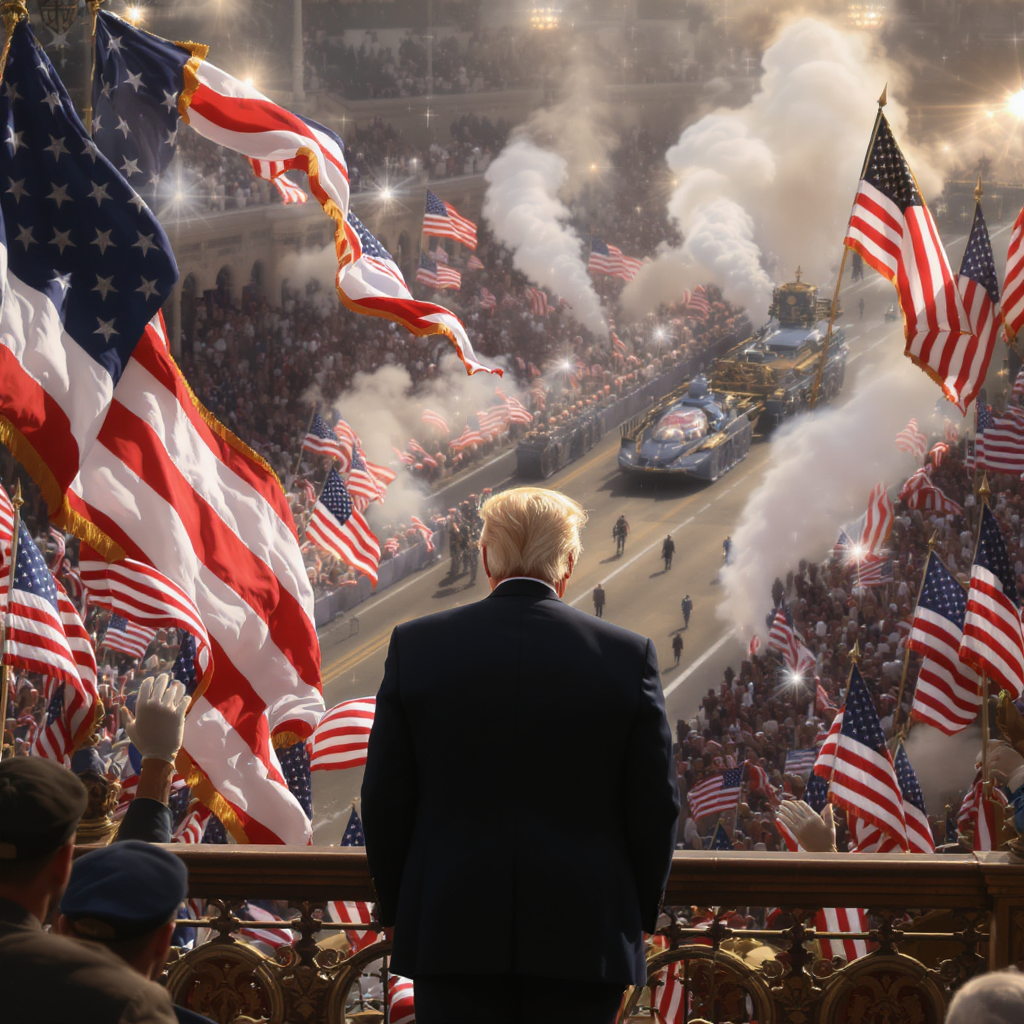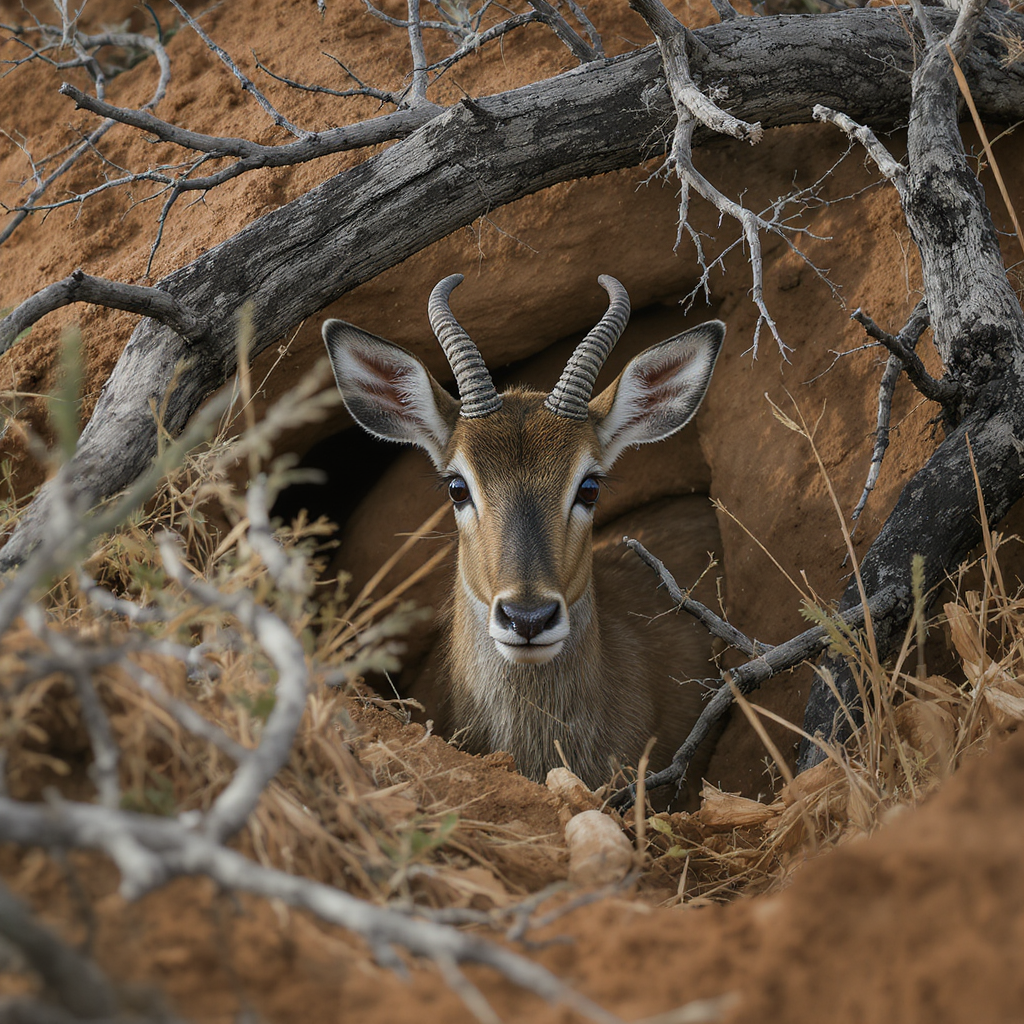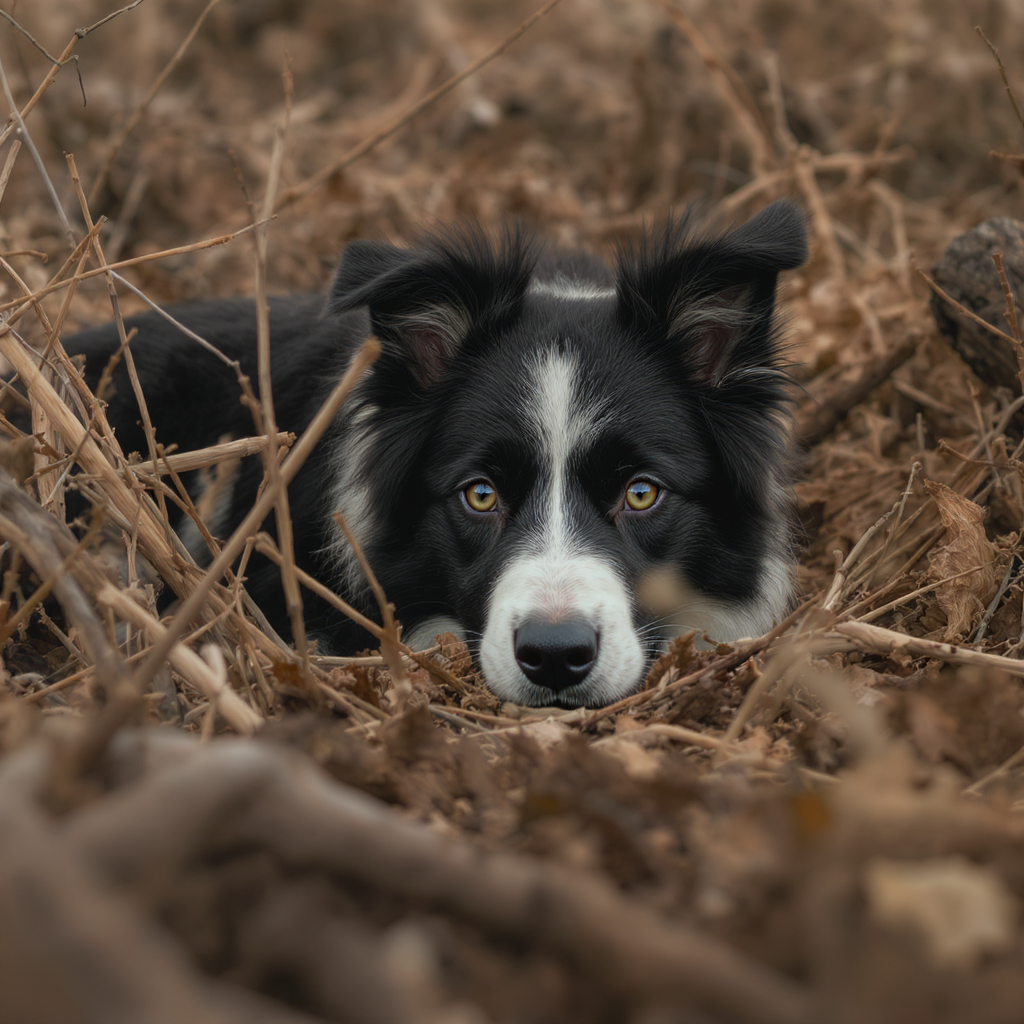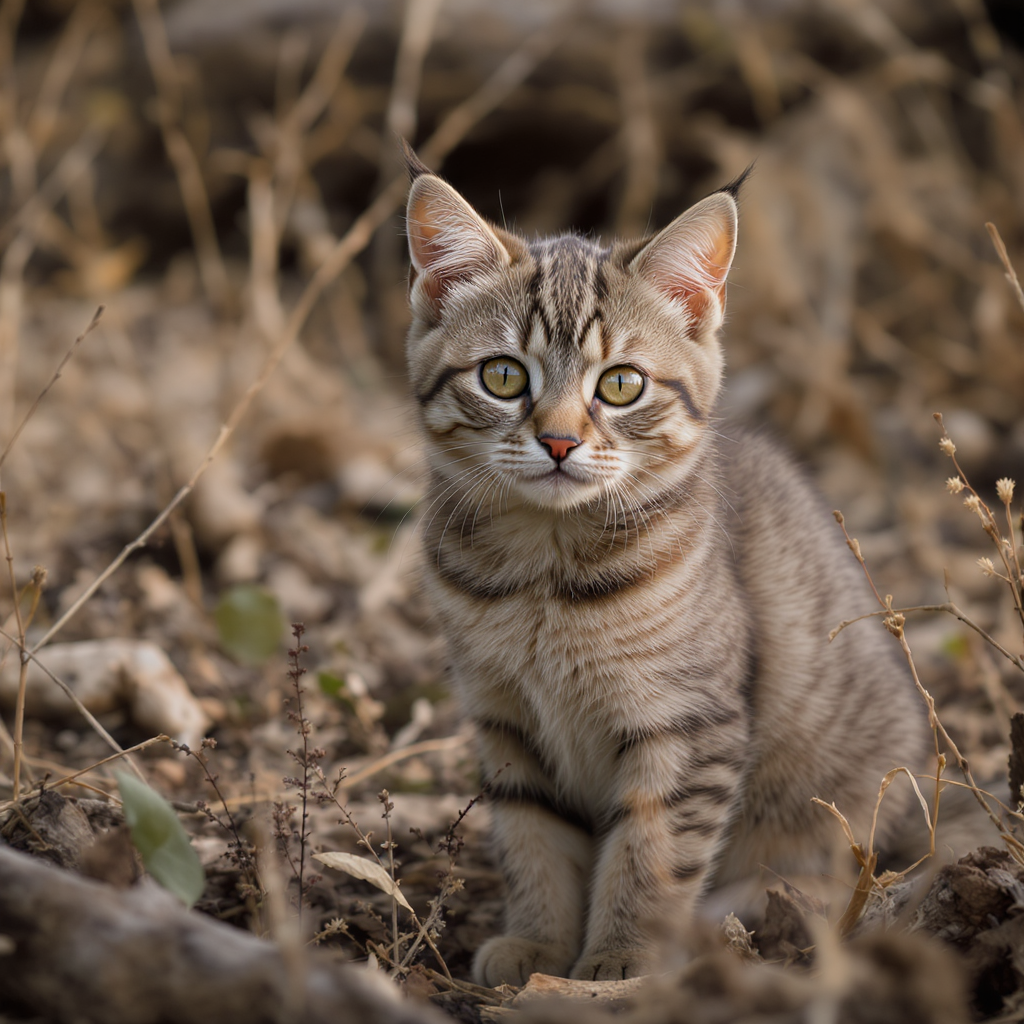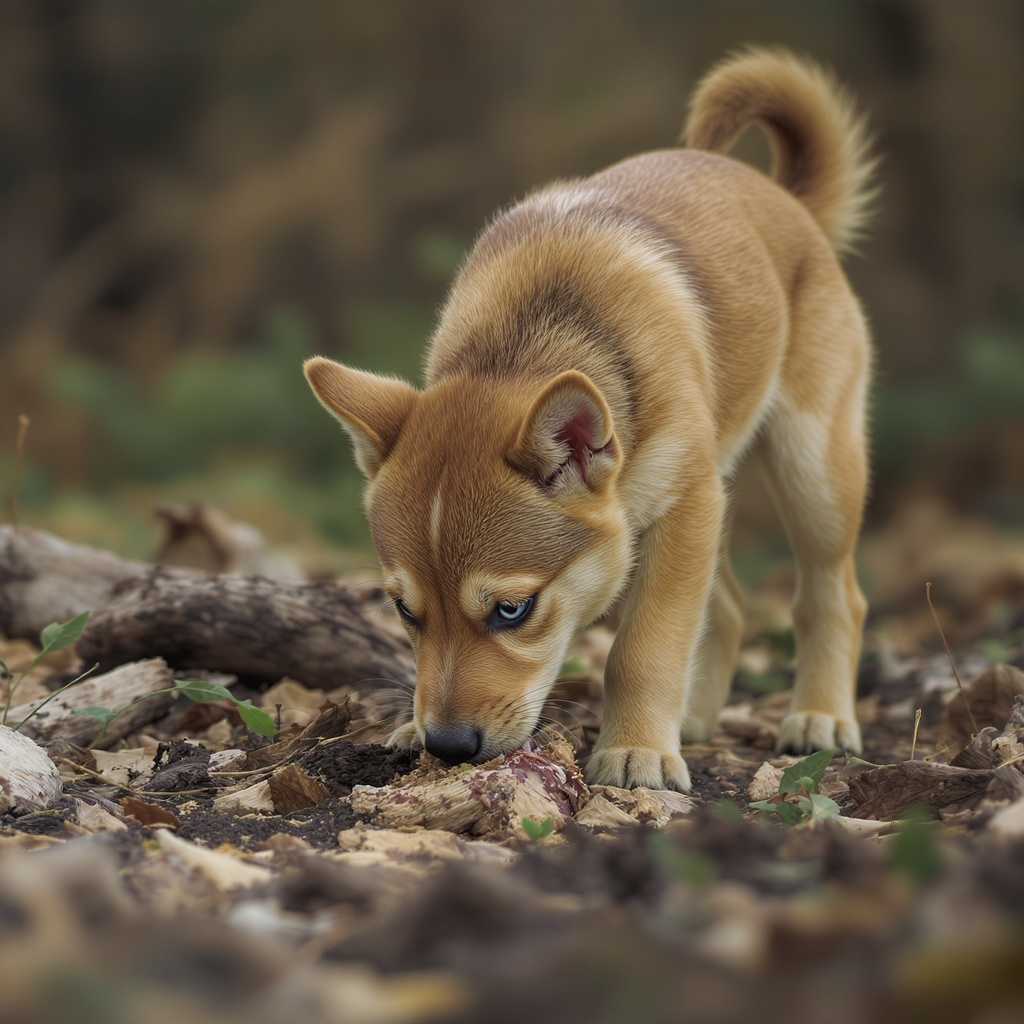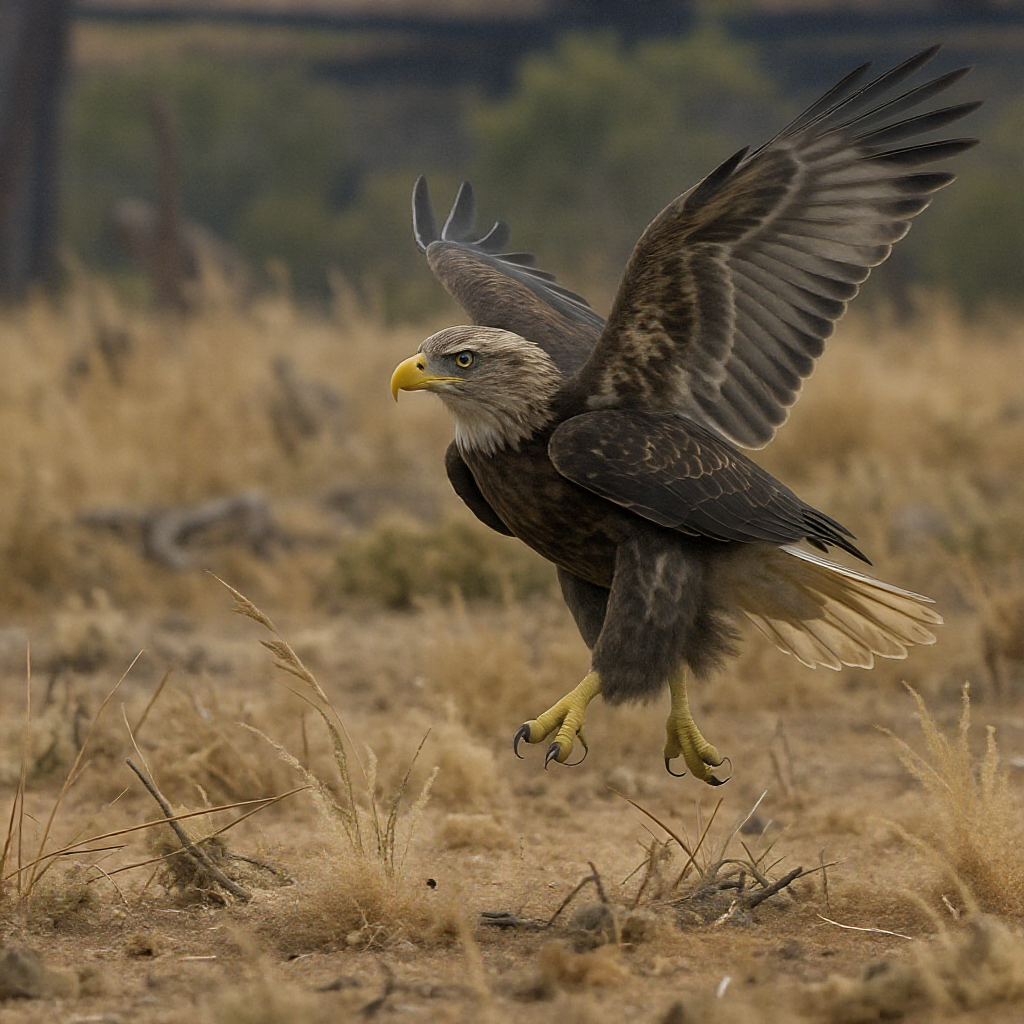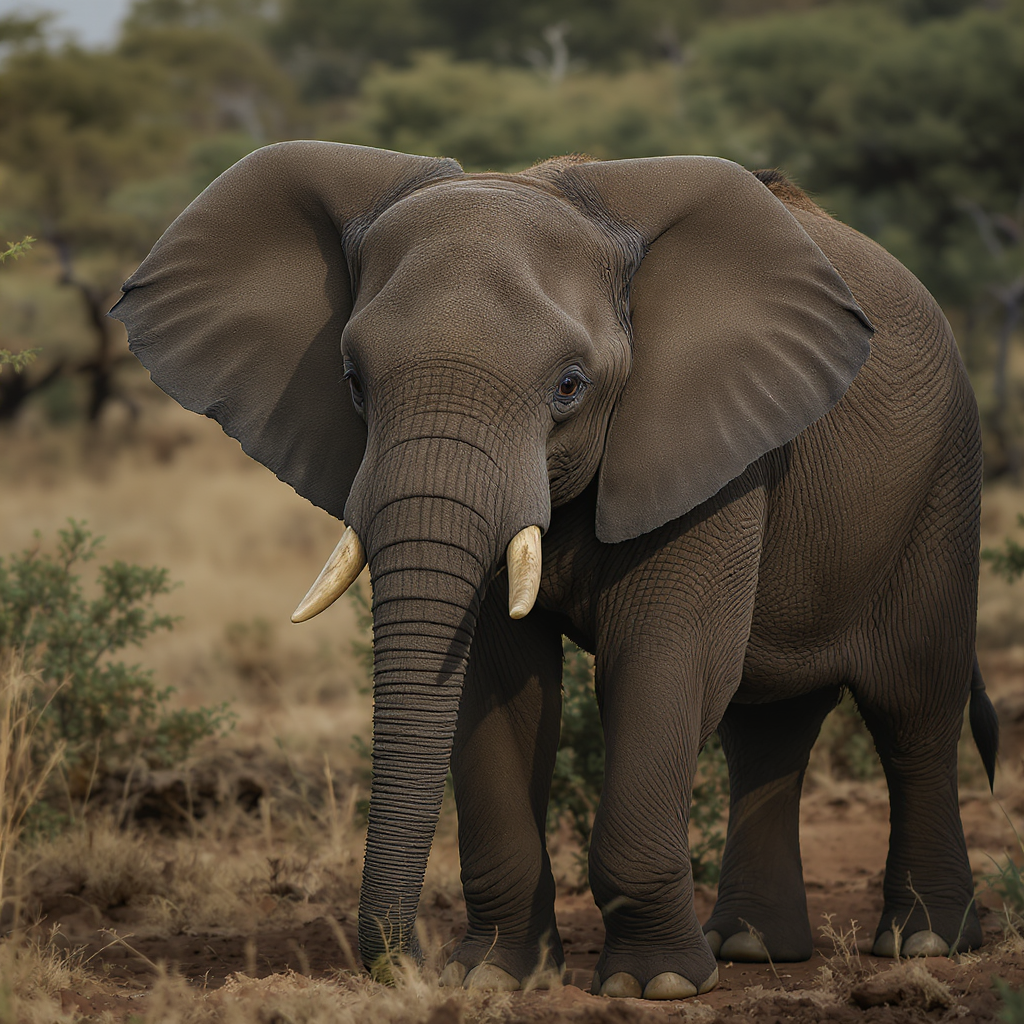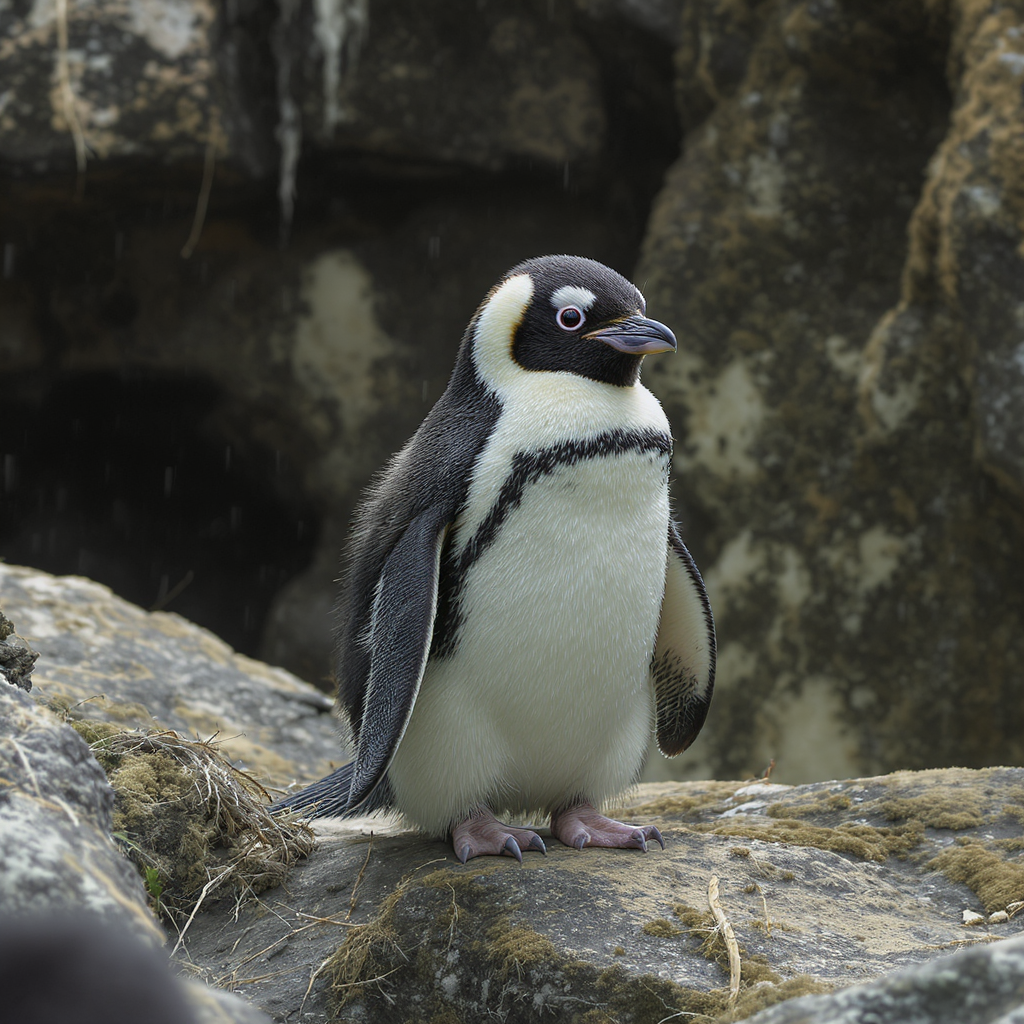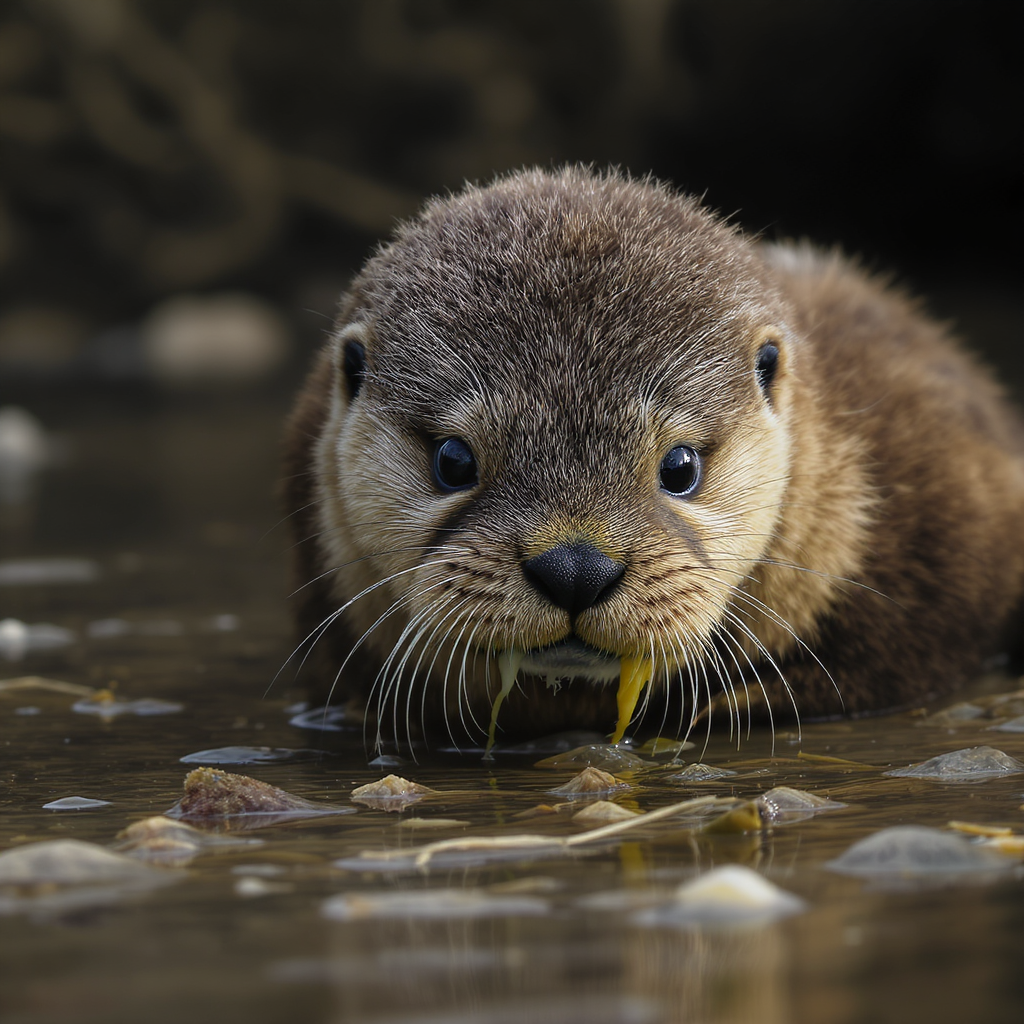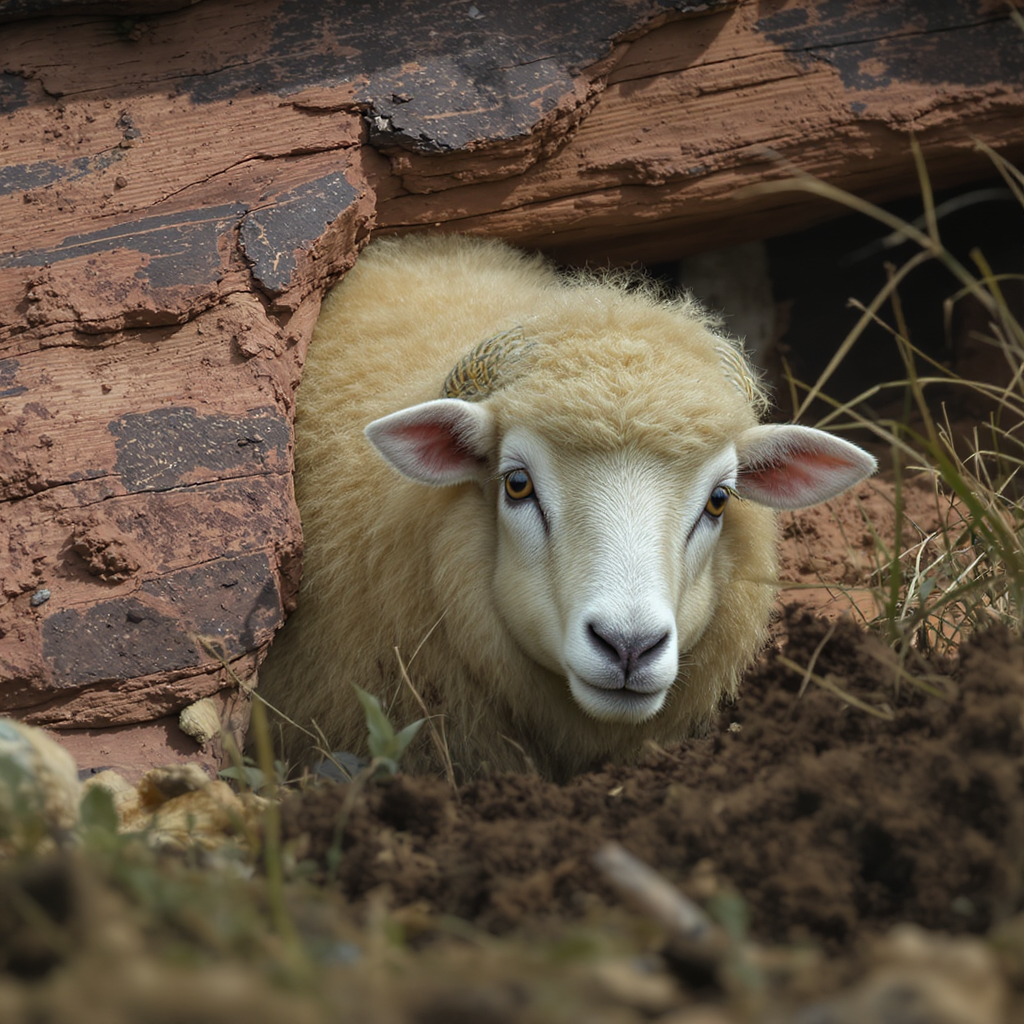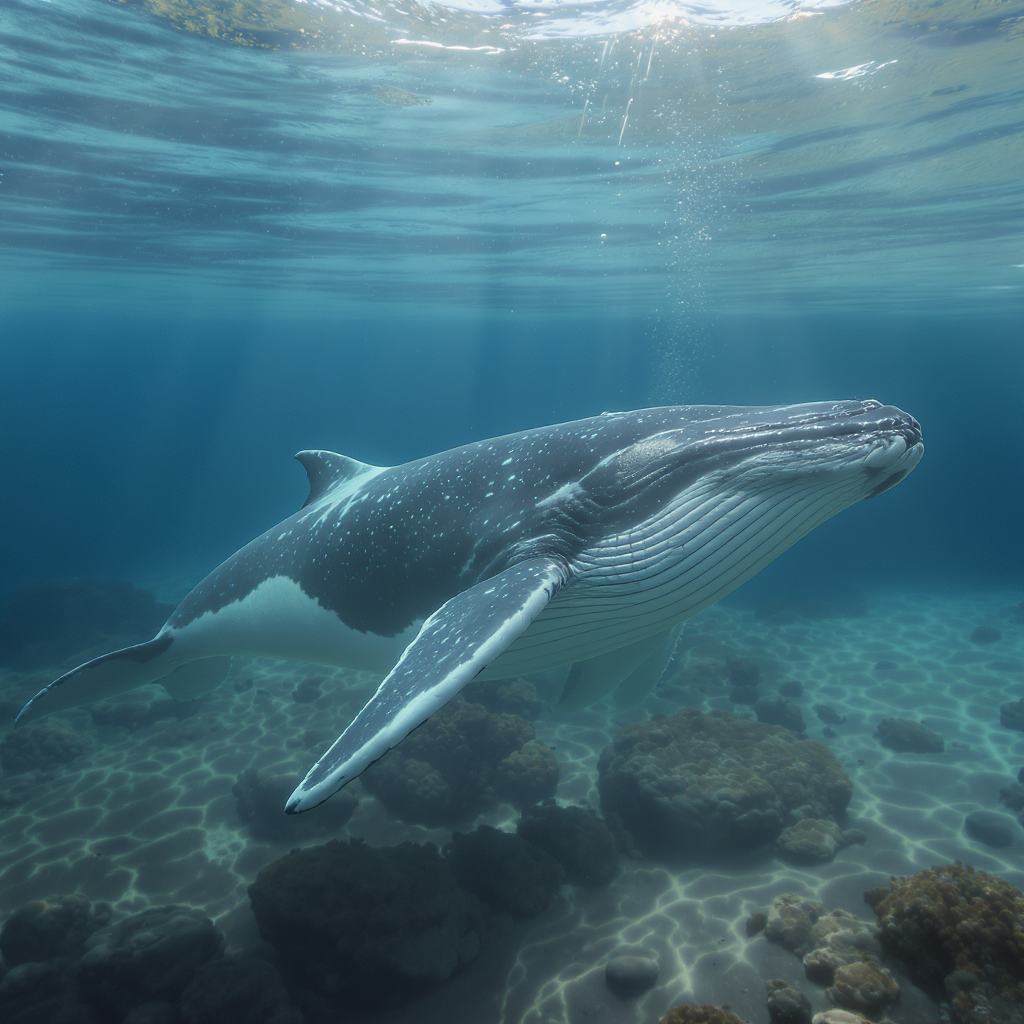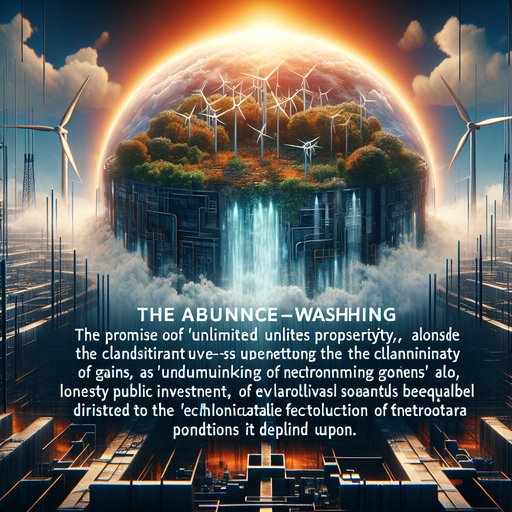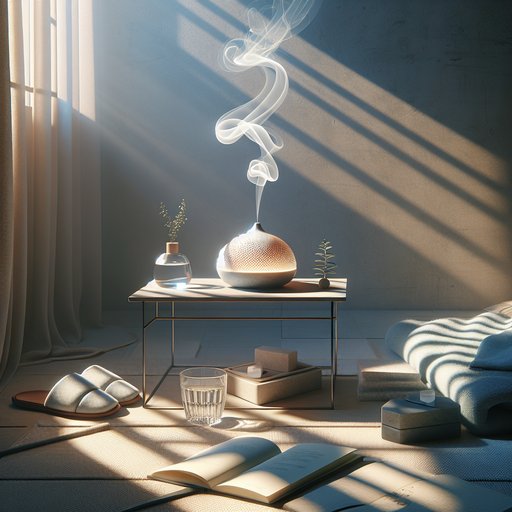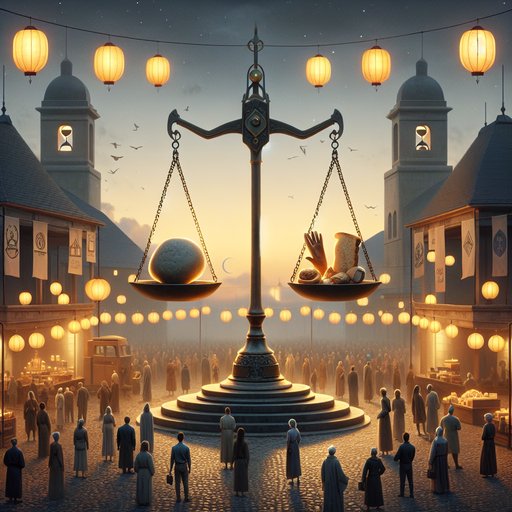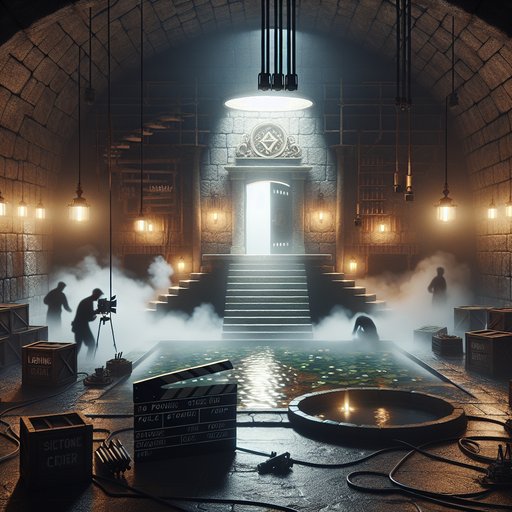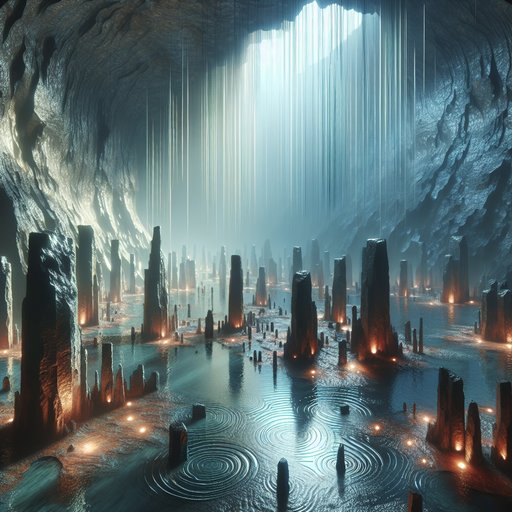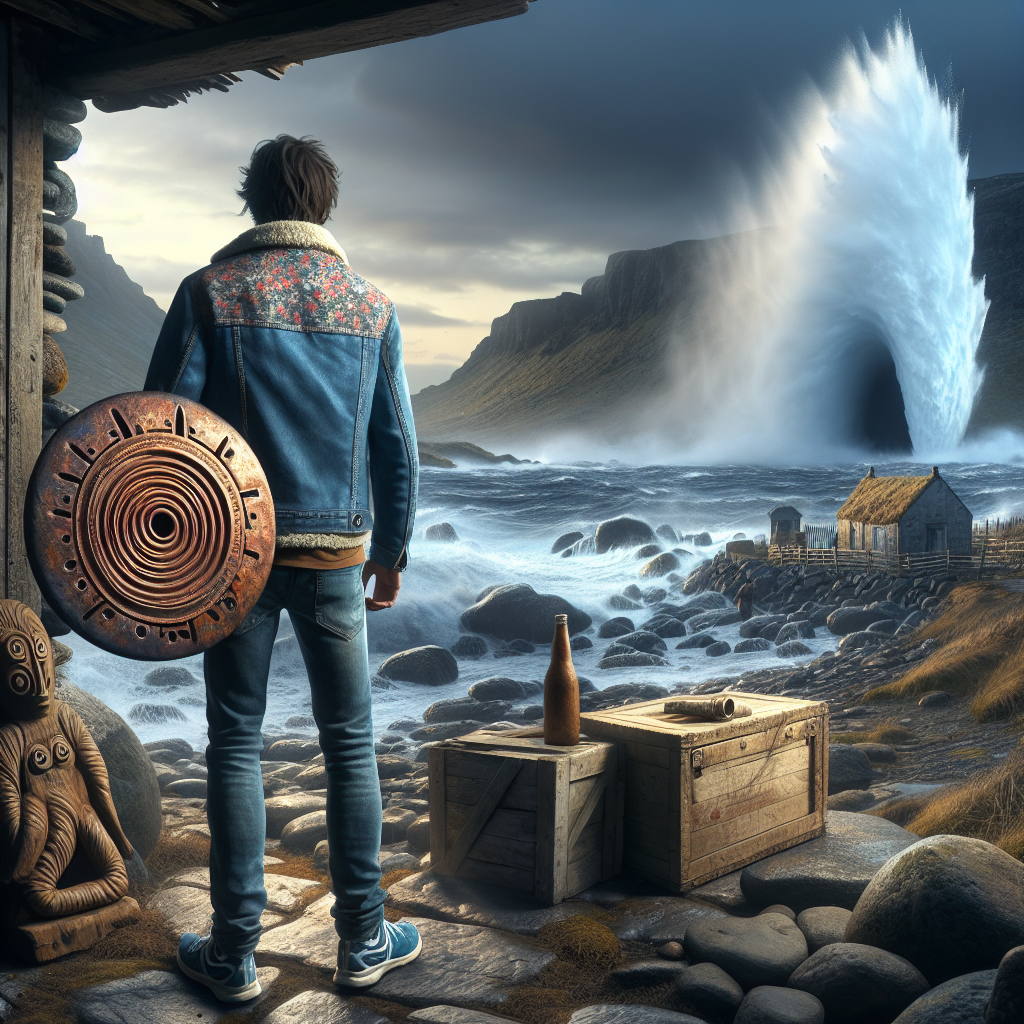
Barbra Dender, staying in Hadibu on Socotra, sets out in tight jeans, tank top, floral denim jacket, and her blue and white Asics to follow the goatskin map-poem’s hint to a north coast fissure where the sea seems to breathe twice. With the taciturn driver Salim, she reaches a blowhole and discovers a weathered spiral with three notches—her first physical clue matching the copper disc left for her. But aligning the disc yields nothing; a resin-sealed recess refuses to open, and the timing of the breaths gives no further insight. In a nearby fishing hamlet, a carver hides a similar symbol, and a perceptive young woman warns Barbra away; whispers of island Keepers surface, but no one will help. Barbra records precise sketches and considers seasonal pressures and celestial alignments that might activate the mechanism. Back in town, even the kindly market woman speaks in riddles: “Some doors open when closed.” Late that night, a shard of sea glass with three notches and the scent of resin arrives at her door, scratched with the message: “Not Hoq. The other breath.” The chapter ends with Barbra facing a new uncertainty: if Hoq is wrong, where is the second, secret breath—and who is guiding her there?
Morning glazed the whitewashed guesthouse in Hadibu when Barbra laced her blue and white Asics and slid into tight jeans. She tugged a soft tank top into place and shrugged on a faded floral denim jacket, more for pockets than warmth, her freckles bright as rust beneath sunscreen she dabbed without enthusiasm. She examined the copper disc again, its spiral and three notches cold in her palm, and reread the goatskin strip with its salt-stiffened map-poem. Before the khareef, or not at all, the warning repeated in her head like surf.
Raised by grandparents to rely on herself, she decided to start where the sea supposedly breathed twice. Salim pulled up in the dust with the same pale Land Cruiser as yesterday, his profile sober beneath a woven cap, hands nicked from work. He studied her in the rearview as if trying to decide whether she belonged to the island’s patience or to its winds. “North coast,” she said, tapping the copper face to the map-poem’s spidery line and the word Hoq.
He hesitated before putting the car in gear, and the silence between them filled with the low hum she had heard since arrival, a breathing buried inside limestone. The road threaded past dragon’s blood trees on a high plateau and then dropped toward a chalk-bright bay where cliffs shook salt from their shoulders. Fishermen mended nets along the pebbled shore with a rhythm that matched the sea’s inhale and exhale, while goats tiptoed along ledges as if born of stone. The hum thickened as they walked, a tone that sank into bone and steadied her stride.
When the first blast of wind thundered up through a fissure in the rock—an exhale that misted her face—Barbra felt the map-poem come alive, and then the second sigh followed, softer, as if the sea swallowed its own voice. She edged along a narrow tongue of limestone, palms flat, shoulders taut beneath the little jacket, the copper disc tucked safely in a pocket. The fissure darkened into a little chamber at low tide, its entrance ringed with calcite fringes and salt crystals like frost, and beyond, a shelf where the two breaths timed themselves to distant waves. On the wall above the lip, half-obliterated by spray and years, a spiral unfurled to three tiny notches like teeth.
Her heart punched sunlight through her chest—there it was, the sign from the boats and the disc. Barbra pressed the disc over the carving, aligning notch to notch, inhaling with the next breath and holding as the stone hissed cool air over her knuckles. Nothing moved. The metal kissed the rock, faithful and mute, and when the next inhalation pulled the sea back, her hopes pulled with it.
She knelt, peering, and noticed a shallow recess below the carving the exact size of the disc, its rim packed with salt-hard something that might have once been resin. She tried her small knife, scraping until flakes scattered like ash, but the old adhesive held fast. “It is not for now,” Salim called from back on the safer path, the wind stealing softness from his voice. He had not come farther than the first scoured boulder and seemed anchored there, feet planted as if an invisible line tied him to the car and the car to the rest of the island.
“The season is wrong.” He pointed with his chin at the horizon where a fine haze buttered the blue, as if khareef were already breathing back. When she asked what was beyond this carved sign—Hoq?—he lifted one palm and let it fall, a conversation closed. She backtracked, a thin frustration spreading like sunburn, and followed a goat track down to a scatter of huts and lean-tos stitched from palm stems. Nets hung to dry, bleached to the color of bone, and the air smelled of fish, tamarind smoke, and diesel.
An old man carved a float from wood, peeling tight curls that fell in a neat rain at his feet, the knife singing softly. On the underside of the float, she noticed, he had etched a gentle spiral that coiled into three ticks, so small she might have missed them. “Who taught you that?” she asked in careful Arabic. The old man’s eyes flicked to her freckles and then to the copper disc she had not realized was now cupped openly in her hand, as if some instinct had placed it there.
He turned the float over, hiding the mark, and his knuckles blanched on the blade. A younger woman stepped from a doorway, headscarf bright with printed lemons, her gaze level and intelligent. “Visitor,” she said in English, “you see things not for visitors.” Barbra lowered the disc, offered the map-poem as a bridge, but the woman shook her head. “Some words are family words.
Please, leave this breath alone.”
Barbra thanked them and bought two small loaves, accepting that gratitude, not argument, sometimes opened more than questions. Yet even as she walked away she felt eyes on her back, a tide that pulled but did not drown, a watchfulness as old as trade winds. At a makeshift stall she recognized the elderly market woman from town, her bracelets chiming like thin bells as she measured coffee. The woman smiled at Barbra’s floral jacket and the scuffs on her sneakers, took her coins, and returned only change, not conversation.
Somewhere behind them a boy whispered a word that sounded like Al-Hafidin—the Keepers—and then clamped his mouth shut. By late afternoon the tide had eased its shoulder, and Barbra returned to the fissure with renewed resolve. She sat cross-legged on the rock, the copper disc on her thigh warming in the sun, and studied the carving again, tracing with a fingertip the faint grooves time had left. Around the spiral she now saw shallow scratches like the slivers of a waxing and waning moon, each paired to notches that were no longer uniform.
She aligned the disc to different phases, listening for the breaths—first the blast, then the swallow—but the stone kept its secret. The first clue sat obstinate in front of her, beautiful and baffling. She swallowed disappointment, which had always tasted the same to her—brackish, like the first time at four she understood her parents would not be coming back—and reached for her notebook. Patience, her grandfather used to say while sharpening his old fishing knife, is the cost of every true thing.
She sketched the symbol carefully, marking the angles and the relationship to the tide line, and noted the resin rim’s texture and smell. Perhaps the recess only opened when the hot dry monsoon hauled a different pressure, or when some star climbed into a notch. Perhaps she needed a key that did not exist anymore. Dusk purpled the edges of the cliffs and the goats trooped home, stamping and complaining, as Salim insisted they return to town.
In Hadibu, the guesthouse keeper avoided her questions and suggested instead a new place to try fresh fish, a smile that never reached his eyes. At the souk she found the market woman winding down her stall; Barbra thanked her again for the amulet, hoping for more, but the woman’s bracelets only chimed as she drew her hands under her shawl. “Some doors open when closed,” she said, the words like a riddle handed across a divide neither would cross tonight. Back in her room, Barbra laid the copper disc, the goatskin strip, and the palm amulet on the bedspread, their textures forming a small topography of intent.
She scrolled old references about Hoq Cave—Greek names incised on limestone, Sabaean letters like bird tracks—and compared photos with her sketch, but no spiral appeared in the literature. A battery candle threw a puddle of amber light over her freckles and the little muscles along her forearms, earned on long walks where questions walked alongside. She held the disc to the lamp, breathed on it, waited for hidden script, but heat and breath gave back only her reflection. When the knock came—one soft tap, then silence—she froze before crossing to the door.
Something slid across the floor: a shard of sea glass, milk-green and smoothed by years, with three tiny notches along one edge. It smelled faintly of the red resin that had sealed her amulet, and on its surface, someone had scratched with a pin a brief line in a script she decoded slowly. Not Hoq. The other breath.
Barbra flung open the door to an empty corridor and the distant, steady hum that had called her from the first night. Was there another sea-breathing place, and who on this island wanted her to find it before anyone else?
